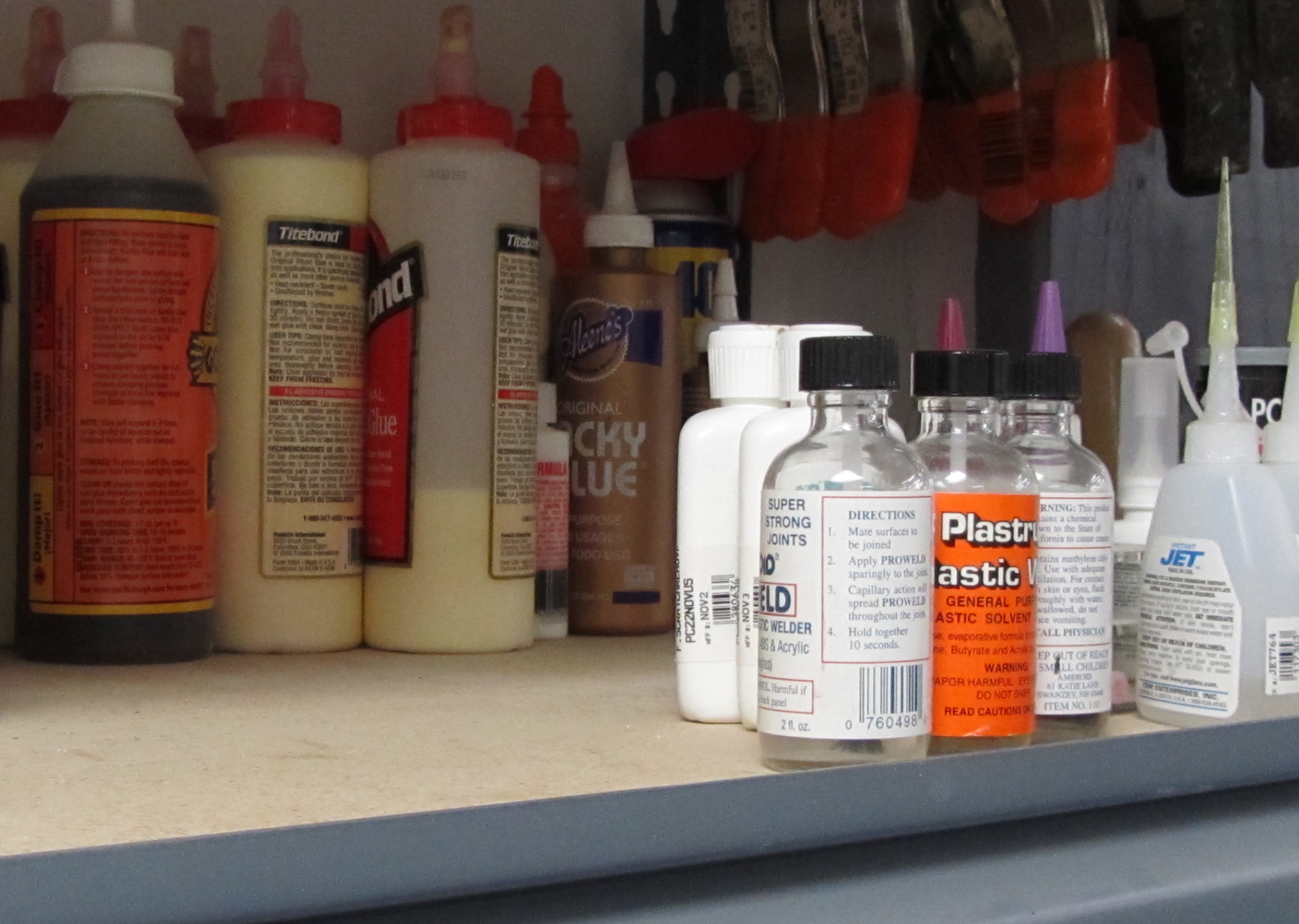Like a lot of companies, scale model shops rely on other businesses to supply them with the materials necessary to fabricate the products they sell.
Custom models require a vast array of materials in order to be built. Numerous types of plastic, wood, rubber, foam, metal – even cloth- are used to create scale models. Then there’s the glue, hardware, and sometimes welding material, that is needed to fasten parts together. Finally there are the finishing touches – paint, vinyl wraps, decals etc…
Unlike many other businesses, a custom model shop can’t always go to a set list of suppliers. Projects vary too much from job to job as to what materials are going to be needed. One scale model job may require a 12 inch diameter plastic sphere, another job a sheet of Ren board and yet another, hundreds of scale trees.
Model makers try to stay stocked up on particular materials that are used more frequently, but there are so many one-off jobs that bits and pieces from past projects end up being the largest surplus in a model shop.
It can be challenging to develop a relationship with outside suppliers when new ones are regularly being sought based on the unique material needs of each particular project. Consistent relationships with material suppliers are important, though, as reliability is a crucial component of the exchange.
Knowing what’s in stock at a particular supplier and how quickly it ships are essential, along with price and quality issues. When a scale model shop quotes a particular project, materials are figured out ahead of the build, and a time frame must be communicated to the client. These factors hinge on our suppliers and their ability to provide materials on a consistent basis.
Sometimes this dependency on suppliers can threaten to hold up a job. Because model makers are resourceful and creative by nature, a different approach using different materials and fabrication methods can often be substituted when this occurs. No company wants to let their clients down in terms of a final product and delivery date because of supplier issues.
A quality model shop makes sure it has as much stock as possible on hand to start a job, a reliable list of suppliers for additional material, and a system in place for quickly seeking out new sources. In the end it is the model maker’s on-the-fly decision-making and ability to change course in the middle of a project that keeps a delivery schedule on course even if all these other safe guards fall short.

